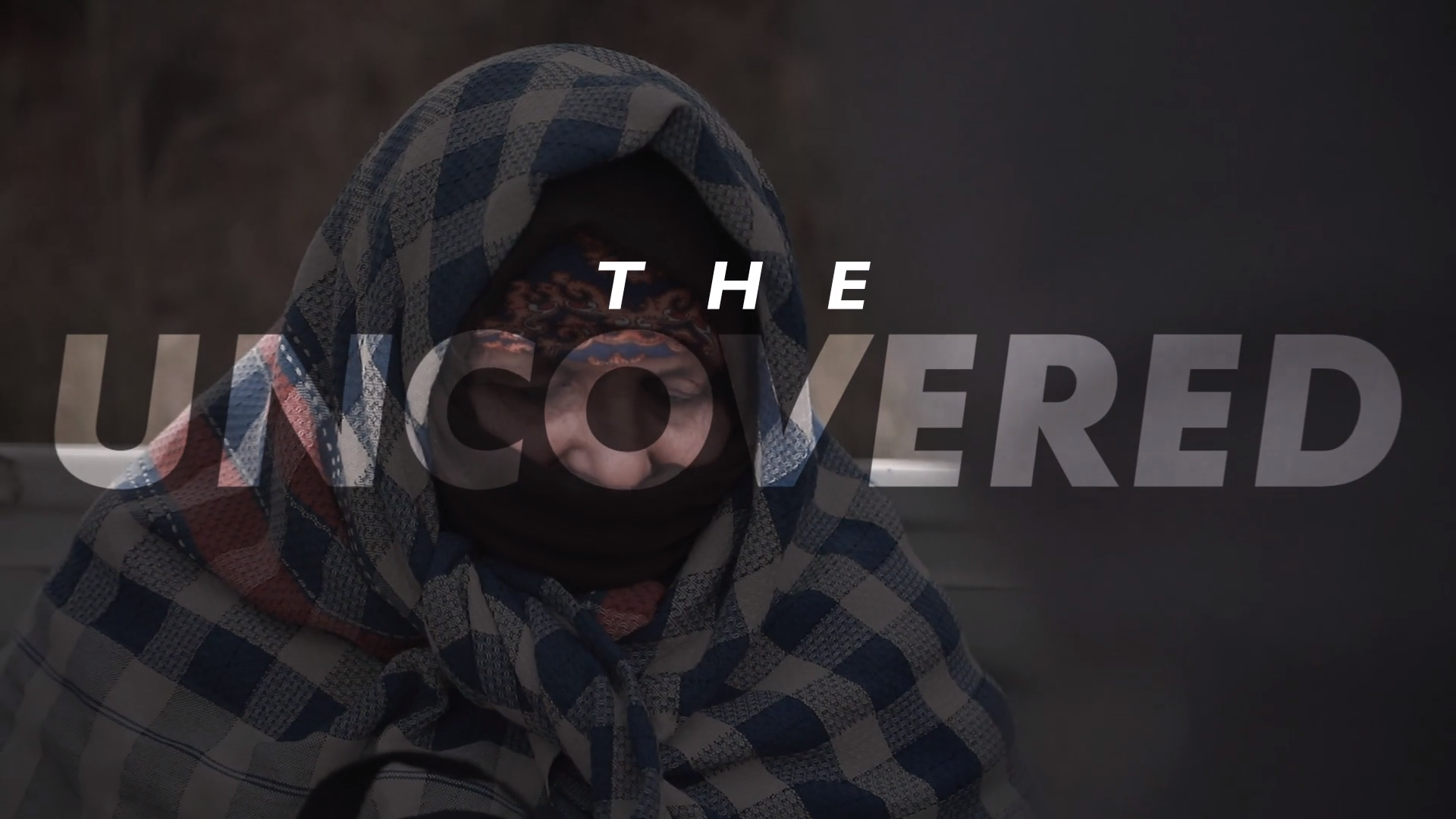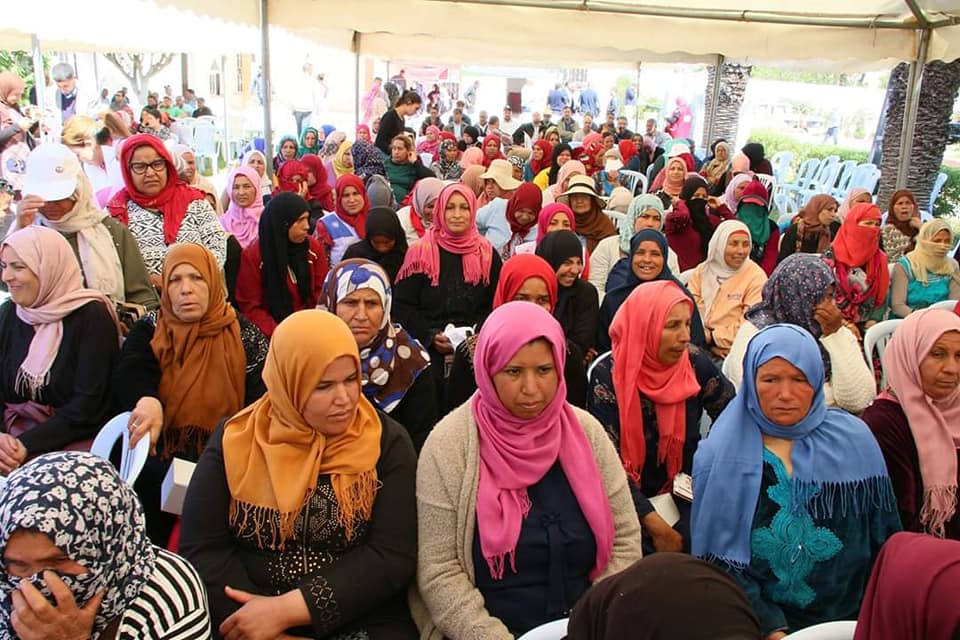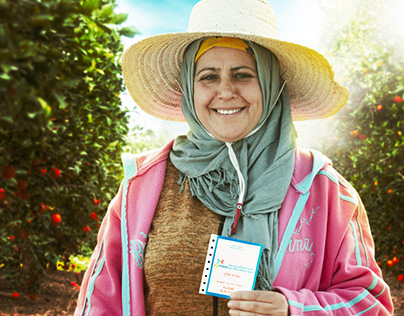Resist the temptation to ignore smaller markets and audiences that could unlock significant growth for your business, as shown by WARC MENA Prize Grand Prix-winner Tunisie Telecom, writes Wunderman Thompson’s Melek Ourir.
Telcos have long claimed that mobile technology exists to improve people’s lifestyles. A modern consumer’s day truly depends on alerts, apps and content. But reducing the use of mobile tech to emails, social media and assistants is reductive and barely scratches the surface of its potential. Wider impact is possible away from the already connected masses. Mobile internet penetration in MENA is 40%, according to GSMA. Frontier markets represent a huge opportunity for business growth. So what would it take for an emerging, often rural audience that already has access to feature phones, to switch to mobile data?
Identifying the target
Tunisie Telecom had a clear audience in sight for Ahmini: female farmers. They are the largest active segment uncovered by social security in Tunisia. According to the UN, they work seven-hour days in harsh conditions for a daily wage of $4, but have no access to health care. They are breadwinners yet also vulnerable.

The right cause
Tunisie Telecom considered the social welfare of rural women as a cause that deserved to be championed. Firstly, it was a worthy issue, that has long fueled debates but never drawn any kind of sustainable solution and that could have monumental impact on thousands of Tunisian families. Secondly, it was a relevant cause for the operator. Consecutive governments had failed to reach these women, but Tunisie Telecom believed mobile technology could – especially as 94% of farmers had phones and were clients. The operator already had a direct line to most of them, which was a huge lead.
Thinking outside the network
To realise its vision, Tunisie Telecom had to come out of its operator shell and rethink its value proposition. Its main objective was to persuade female farmers to register and pay for social security. Thanks to research, we knew that there were two main challenges to overcome: centralised administration and an inadequate payment scheme. Tunisie Telecom didn’t need to invest hundreds of thousands in emotional messaging to convince farmers; it just needed to make the process easier and better-suited to their lifestyle. What used to be a weeks-long process made of 13 forms to collect across multiple administration and countless trips, needed to be transformed to fit within simple and familiar mobile commands on feature phones.
A smart solution
Developing such a solution was only possible if Tunisie Telecom mobilised the right allies along with its technological expertise and converted them to the cause. To decentralise social coverage away from administrative offices, the operator partnered with the Ministry of Social Affairs and the Ministry of Women, a long-time advocate for rural women’s rights. As a result of the alliance, Ahmini (which means ‘protect me’ in Arabic) was born. This platform allowed female farmers to register for social coverage using a dedicated USSD code and pay via automated daily micro-credit withdrawals instead of a traditional steep quarterly contribution.
Planning for success
A dedicated core ensured Ahmini’s success. Independent project managers never strayed from the initial vision and wouldn’t compromise on the outcome. Female farmers were spread far and wide and, to convert them, we had to engage them in direct conversation. Since field presence was a clear priority, having a dedicated team of resourceful people that knew the rural lifestyle and were ready to get their hands dirty was a must. The Ahmini team toured the country for many weeks and organised 27 workshops which attracted almost 30,000 attendees.

Behind the scenes, representatives from the different involved entities formed a responsive empowered governmental task unit. The whole project was managed with as much agility as possible, inspired by start-ups.
One year later
Ahmini was endorsed by the head of the Tunisian government and it successfully persuaded thousands of women to register for social security: the number of covered rural women increased by 18%. Additionally, authorities chose to maintain it as a social empowerment solution and widen its reach. No one could have known that Ahmini would help the country during lockdown. The solution was a pillar in Tunisia’s post-COVID Economic Safety Plan. Its model even inspired the development of a social aids distribution system that relies on mobile payments. The government took a clear stance of ownership about Ahmini and the many further applications it could have, setting the precedent for a new Digital Government vision.

Venture beyond the expected
To go beyond their network provider status, operators need to venture into uncharted territories, make alliances and meet people's actual needs. When Tunisie Telecom launched Ahmini, the welfare impact was clear and immediate. But beyond bringing coverage to thousands of rural women, Ahmini’s biggest exploit was to inspire wider technological reforms aiming to empower marginalised communities on various issues. It brought technological innovation within the reach of local administrative bodies, authorities, companies and communities.
An abridged version of this article appears in the 2020 MENA Strategy Report.

